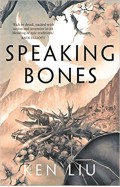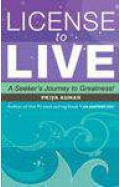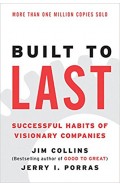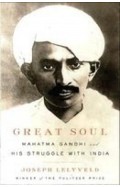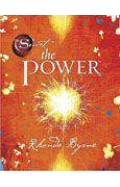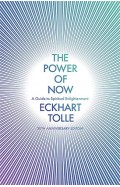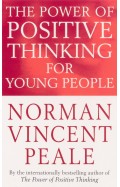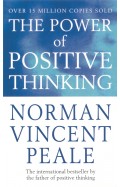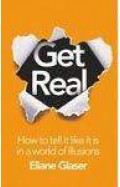- Home
- Books
- Categories
- Non Fiction
- Philosophy
- Origins and Endings: Seeing Yourself through the Apocalypse
Origins and Endings: Seeing Yourself through the Apocalypse
By: Lindsay Tunkl
-
Rs 1,795.50
- Rs 1,995.00
- 10%
You save Rs 199.50.
Due to constant currency fluctuation, prices are subject to change with or without notice.
A perfect tool for turning anxiety and fear around death into an opportunity for growth and exploration. Original, startling inkblots paired with unique meditations and the author's own eclectic interpretations offer illuminating, deeply personal insight into what we are attracted to and challenged by when thinking about death.
By combing two ideas, the Rorschach test and the concept of The End, this book and card deck provides readers with a new tool for understanding a world that is uncertain, scary and, more often than not, heartbreaking. Tunkl uses a tender and humorous voice to offer principles from psychoanalysis, psychology, meditation, and popular culture, giving readers many options for interpreting the large, colorful inkblots she's created. Origins and Endings is a contemplative tool for individuals and can easily be adapted to use with groups large and small.
A perfect tool for turning anxiety and fear around death into an opportunity for growth and exploration. Original, startling inkblots paired with unique meditations and the author's own eclectic interpretations offer illuminating, deeply personal insight into what we are attracted to and challenged by when thinking about death.
By combing two ideas, the Rorschach test and the concept of The End, this book and card deck provides readers with a new tool for understanding a world that is uncertain, scary and, more often than not, heartbreaking. Tunkl uses a tender and humorous voice to offer principles from psychoanalysis, psychology, meditation, and popular culture, giving readers many options for interpreting the large, colorful inkblots she's created. Origins and Endings is a contemplative tool for individuals and can easily be adapted to use with groups large and small.
Origins and Endings: Seeing Yourself through the Apocalypse
By: Lindsay Tunkl
Rs 1,795.50 Rs 1,995.00 Ex Tax :Rs 1,795.50
Zubin Mehta: A Musical Journey (An Authorized Biography)
By: VOID - Bakhtiar K. Dadabhoy
Rs 892.50 Rs 1,050.00 Ex Tax :Rs 892.50
Built to Last Successful Habits Of Visionary CompaniesAI
By: James C. Collins
Rs 4,045.50 Rs 4,495.00 Ex Tax :Rs 4,045.50
Great Soul Mahatma Gandhi And His Struggle With India
By: Joseph Lelyveld
Rs 731.25 Rs 975.00 Ex Tax :Rs 731.25
The Power Of Positive Thinking For Young People
By: Norman Vincen Peale
Rs 2,245.50 Rs 2,495.00 Ex Tax :Rs 2,245.50
Get Real: How To Tell It Like It Is In A World of Illusions
By: Eliane Glaser
Rs 531.25 Rs 625.00 Ex Tax :Rs 531.25
Minecraft Maths Ages 6 7 Official Workbook
By: Collins KS2
Rs 1,795.50 Rs 1,995.00 Ex Tax :Rs 1,795.50
In the Jungle - A Lift-the-Flap Playbook
By: Jess Hitchman
Rs 1,705.50 Rs 1,895.00 Ex Tax :Rs 1,705.50
The Knot of My Tongue - Poems and Prose
By: Zehra Naqvi
Rs 4,495.50 Rs 4,995.00 Ex Tax :Rs 4,495.50
Keeper of the Bride: Keeper of the Bride / Whistleblower
By: Tess Gerritsen
Rs 760.75 Rs 895.00 Ex Tax :Rs 760.75
Zubin Mehta: A Musical Journey (An Authorized Biography)
By: VOID - Bakhtiar K. Dadabhoy
Rs 892.50 Rs 1,050.00 Ex Tax :Rs 892.50
Origins and Endings: Seeing Yourself through the Apocalypse
By: Lindsay Tunkl
Rs 1,795.50 Rs 1,995.00 Ex Tax :Rs 1,795.50












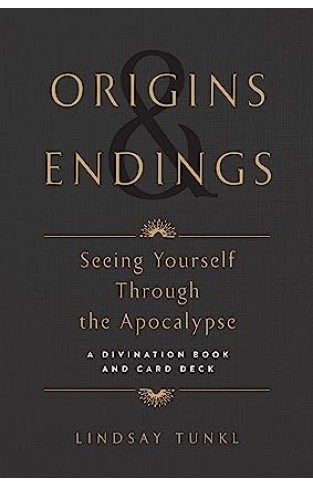
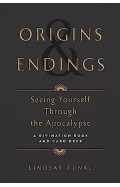
-120x187.jpg?q6)





